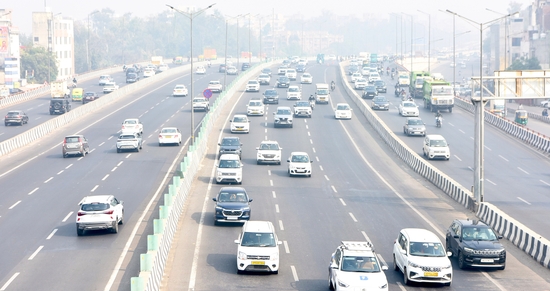For more than three years, countries have been negotiating an international agreement on tackling future pandemics aimed to help avoid repeating the mistakes made during the Covid-19 crisis.

Here are the main points in the draft agreement, still under consideration by negotiators gathered at the World Health Organization headquarters in Geneva as a Friday night deadline looms.
The objective of the WHO Pandemic Agreement draft text is “strengthening pandemic prevention, preparedness and response”.
Following the glaring inequity and deficiencies exposed in the world’s handling of the Covid-19 pandemic, the draft agreement will be guided by the principles of equity, solidarity and transparency.
Respect for the sovereign rights of States an issue widely questioned by conspiracy theories that have surrounded the negotiations is also a key guiding principle, according to the draft text.
The core of the agreement is the proposed Pathogen Access and Benefit-Sharing System a new platform allowing the swift sharing of pathogen data with pharmaceutical companies, enabling them to quickly start working on pandemic-fighting products.
This has been one of the trickiest parts to negotiate.
Developing countries have expressed concerns about handing over pathogens and data if they risk being cut off from accessing the resultant vaccines, as happened at the start of the Covid-19 pandemic.
Under PABS, countries would commit to rapidly sharing data on emerging problematic pathogens, while vaccines and other health products derived from accessing that information would be shared on a more equitable footing.
There has been a heated debate over whether PABS should require pharmaceutical manufacturers to hand over a certain percentage of their production in the case of a pandemic emergency.
Some countries, especially ones where such products are produced, have balked at hard thresholds.
The latest draft of the text appears to have added a bit more flexibility, calling for participating companies to provide the WHO with rapid access to “a target of 20 percent” of their production of pandemic-related health products, including “at least 10 percent” in the form of donations.
Another main sticking point has been the modalities around the called-for transfer of technology and know-how needed to produce pandemic-related health products, in particular to developing countries.
Some countries, in particular ones where such products are produced, rejected the idea that such transfers should be mandatory.
The current draft text instead calls for the use of measures and incentives like licensing agreements and favourable conditions linked to things like financing and regulations to promote technology transfer.
Under this section, countries would take steps to progressively strengthen their pandemic prevention and surveillance capacities.
Subject to resources, countries would develop, strengthen and implement comprehensive national pandemic prevention plans.
This would include things like routine immunisation, managing biological risks in labs, preventing antimicrobial resistance, and stopping transmission of diseases from animals to humans.
The draft text calls for countries to take measures to ensure “more equitable geographical distribution and rapid scale-up of the global production of pandemic-related health products” like vaccines.
It also calls for more “sustainable, timely and equitable access to such products”, and for countries to “reduce the potential gap between supply and demand during pandemic emergencies”.
In an attempt to smooth out the flaws exposed by Covid-19, a Global Supply Chain and Logistics Network would be set up for equitable, timely and affordable access to pandemic-related health products.
During pandemic emergencies, countries would prioritise sharing pandemic-related health products through the network to ensure equitable distribution based on public health risk and need.
The structure and operational modalities of the network, which is to be coordinated by the WHO, would be defined at its first meeting, according to the draft text.
apo-nl/phz
This article was generated from an automated news agency feed without modifications to text.

